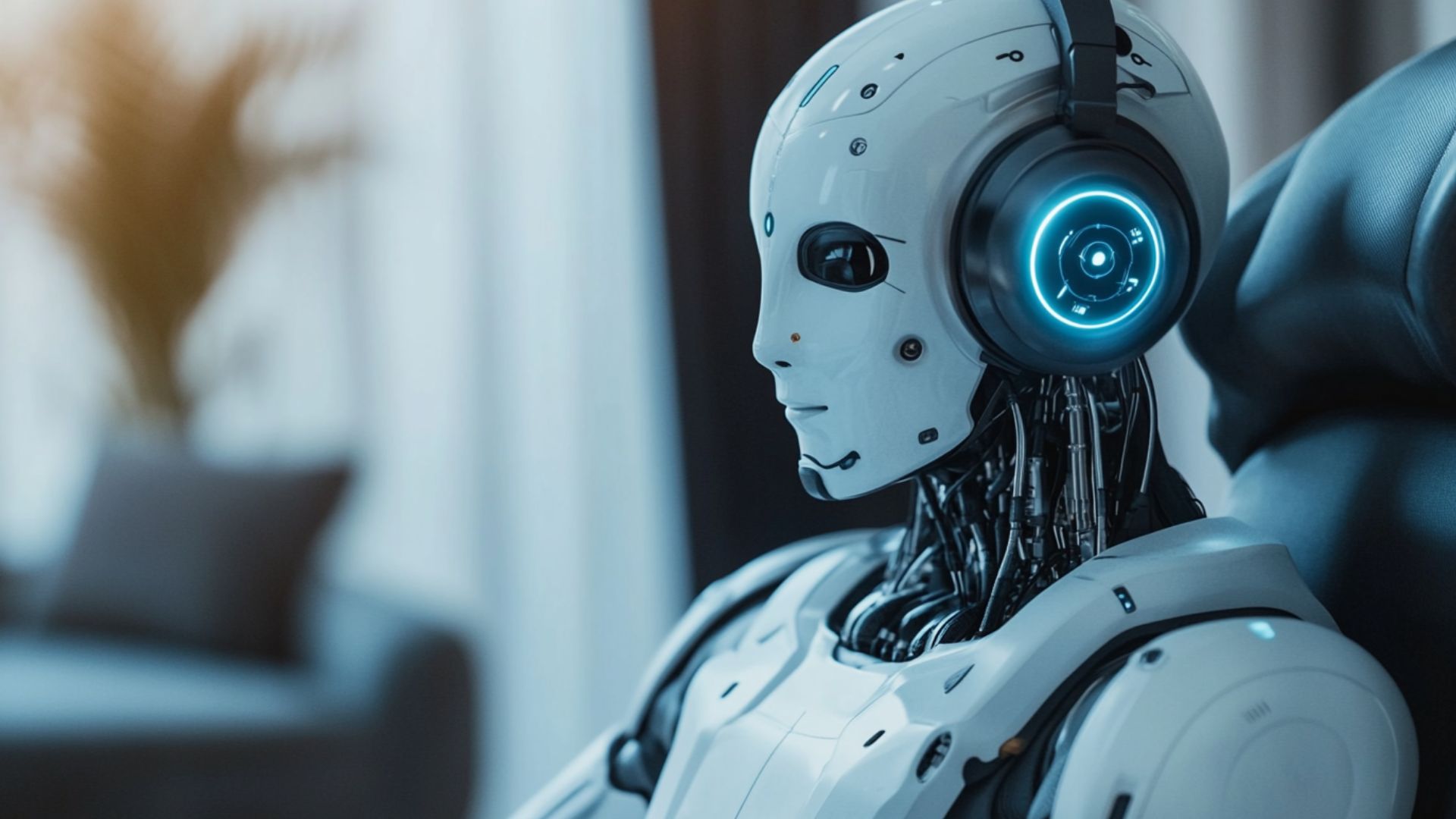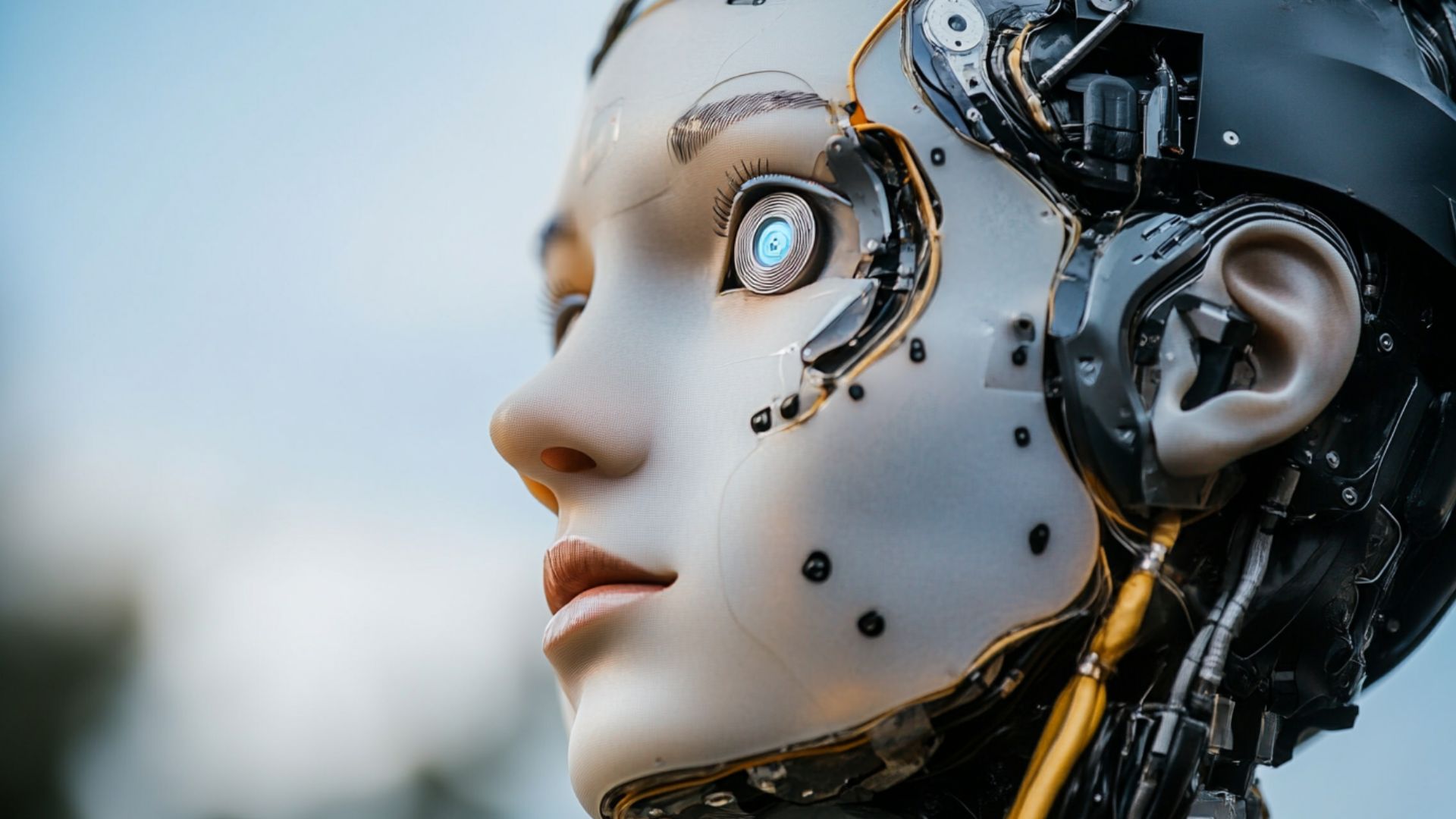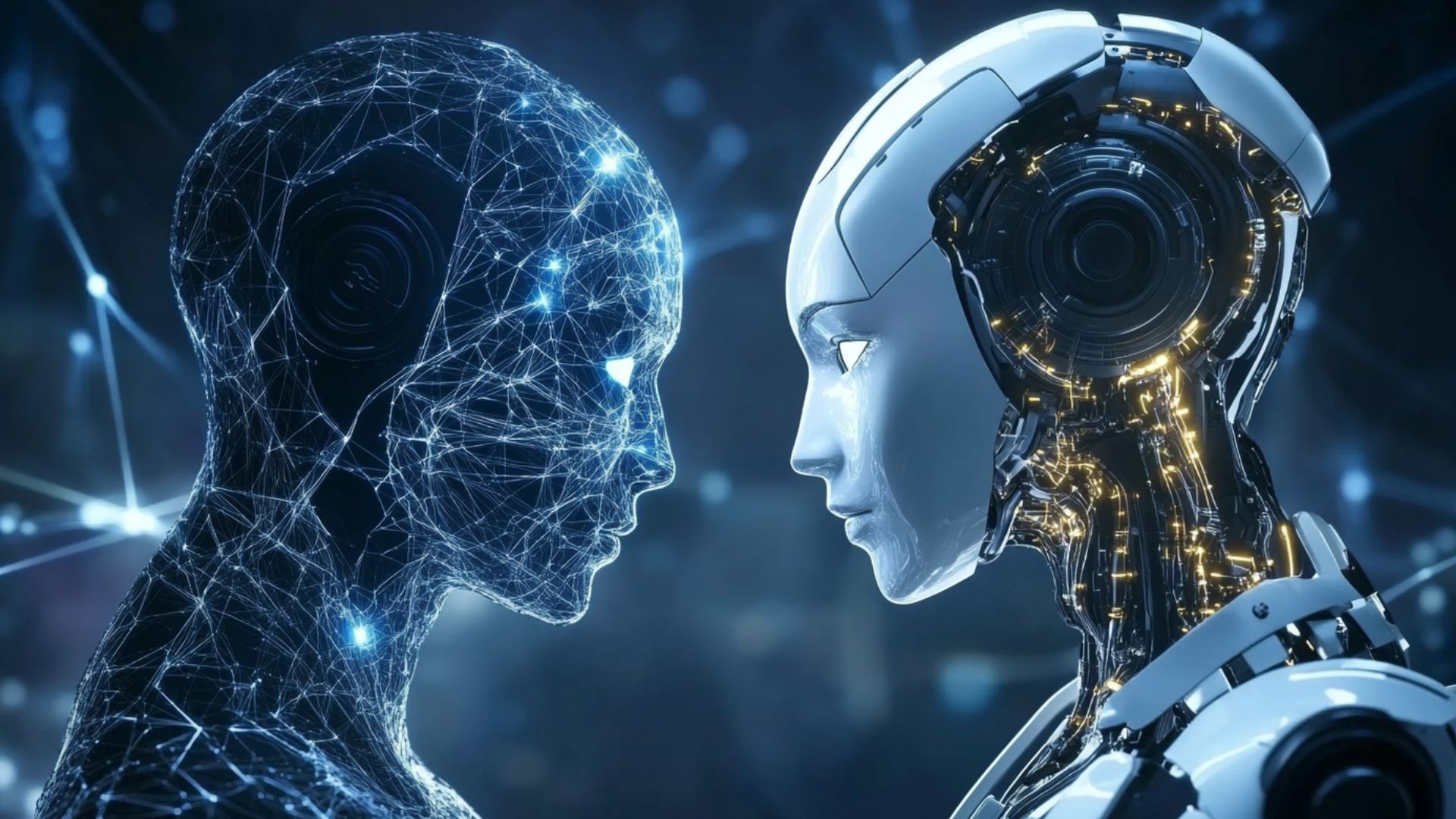Digital Workers and the Evolution from RPA to Intelligent Automation

In the area of modern labor, technology is setting the standard. And they are at the forefront of the efficiency and innovation revolution. At the forefront is robotic process automation (RPA). It's a computer marvel that aims to optimize work and unlock human potential. RPA is similar to a dedicated assistant. It executes repetitious operations with accuracy and speed. It relieves individuals of regular responsibilities.
But the horizons of automation go beyond mere repetition. Smart, innovative technologies for automation have emerged. This intelligent automation (IA) is the next stage in the evolution. Unlike its predecessors, IA has cognitive capabilities. It's akin to going from a basic calculator to an advanced AI-enabled assistant.
As companies experience this transformation, the shift from RPA to IA heralds a new era of productivity. With IA at the helm, organizations can achieve unprecedented efficiency and deep insights. It will allow workers to focus on tasks requiring creativity and critical thinking. The transition from RPA to IA marks more than just an evolution in technology. It's a revolution in how we work and thrive in the digital age.
The Foundation of Automation with RPA
Automation began its journey in the corporate sector with robotic process automation. RPA streamlines processes by automating repeated actions. It's similar to a digital assistant that follows pre-defined guidelines to execute jobs properly and swiftly. RPA does not require pauses, vacations, or coffee; it operates continuously around the clock.
Thanks to the capabilities of automation, businesses may achieve significant efficiency gains. Routine tasks that used to take up valuable time and resources are now done quickly. This efficiency has laid the foundation for the development of the digital workforce. It has ushered in a new era of productivity. RPA-driven digital workers perform routine tasks. And employees can focus on more essential activities. RPA has been the catalyst for this transformation. It has demonstrated the potential for automation to revolutionize the way we work.
Understanding the Differences: RPA vs. Intelligent Automation
Intelligent automation vs robotic process automation may seem similar. But they have clear differences. Let's take a closer look at what apparent differences exist between the two aspects:
- RPA follows rules to automate repetitive tasks. For example, it is copying data between systems. It's like a digital assistant that never gets tired. IA, on the other hand, goes beyond the rules. It can learn from data, make decisions, and adapt to new situations. Imagine going from a basic calculator to a smart assistant.
- RPA is great at automating routine tasks. IA, on the other hand, can perform more complex processes that require analysis and decision-making. For example, RPA can process invoices, while IA can analyze data to predict future trends.
Ultimately, the choice between RPA and IA depends on the complexity of the task and the level of decision-making. But both of these solutions have an advantage.
The Transition to Intelligent Automation
In today's world, companies prefer more sophisticated solutions. And it is absolutely not surprising because everyone wants to take advantage of intelligent process automation. Initially, people used RPA only to automate repetitive tasks. But with the advent of artificial intelligence, this has changed a bit. Automation has reached a new level, and now it makes its own decisions and adapts to new situations.
Digital workers are playing a vital role here. Yes, it was RPA that laid the foundation for automation. But digital workers have taken it to a whole new level. And now, you're freeing up your employees to do more important things.
This transition is a significant shift towards modernity. Consequently, you're increasing the productivity of your real team.
The Advent of Smart Innovative Technologies for Automation
The world has changed with the advent of artificial intelligence (AI) and machine learning (ML). Intelligent workflow automation solutions have become more intelligent and innovative. AI allows systems to mimic human intelligence. It enables us to learn from data, recognize patterns, and make decisions. ML, a subset of AI, focuses on algorithms that automatically improve through experience.
These technologies greatly empower digital workers. They don't rely solely on predetermined rules. They can adapt and evolve. They can quickly and accurately analyze vast amounts of data, identifying trends and insights. They also enable digital workers to handle more complex tasks.
Overall, the adoption of AI and ML technologies has revolutionized automation. It has made it more intelligent and efficient. Digital workers with these capabilities can increase productivity.
From Robotic to Intelligent: The Shift in Process Automation
The evolution of robotic process automation vs intelligent automation marks a significant shift. So, let's review the distinction in more detail:
| From Robotic Process Automation (RPA) | To Intelligent Automation (IA) |
|---|---|
| Handles repetitive tasks with predefined rules | Manages complex processes requiring analysis and decision-making |
| Executes tasks based on fixed instructions | Learns from data and adapts to new situations |
| Focuses on efficiency and speed in task execution | Prioritizes accuracy, flexibility, and strategic decision-making |
| Performs routine tasks such as data entry or form filling | Tackles nuanced processes like data analysis, prediction, and optimization |
| Provides basic automation capabilities | Offers advanced automation with cognitive abilities |
| Limited in handling variability and exceptions | Capable of handling variability and dynamic environments |
Capabilities of Modern Automation: Beyond Repetitive Tasks
Indeed, you realize that you can augment your automation system with AI. All the magic of robotization started with the introduction of artificial intelligence. Your automation is infused with things like NLP and ML.
NLP helps you understand human language. So, it's not pre-programmed responses. It's like actually communicating with a human. As for ML, it is a system that allows learning. That is, the system can adapt to new and different scenarios right on the fly.
Integrating AI technologies into intelligent process automation offers many benefits. And you get a more versatile and efficient solution. It will affect not only your business but also your customers' attitudes toward you.
The Benefits of Intelligent Automation Over Traditional RPA
Intelligent automation has many advantages over traditional robotic process automation (RPA):
- First of all, it is, of course, efficient. Intelligent automation of processes is quick to analyze. Consequently, you can quickly reduce effort and effort. But at the same time, you increase your productivity.
- Further, RPA differs from intelligent automation because you get an efficient solution. Machine learning and artificial intelligence analyze data very quickly. But also, it allows you to make an informed right decision.
- And last, it's quite flexible. RPA works based on predefined algorithms. An intelligent system, on the other hand, learns as it goes along. It allows the company to react quickly to any changes. And as a consequence, it increases your efficiency.
Overall, the advantages of intelligent process automation go beyond simply automating tasks. They offer transformational capabilities that drive growth and innovation.
Enhancing Workflows with Intelligent Automation
Intelligent automation revolutionizes business processes. With intelligent automation, workflows become dynamic. They adapt to changing conditions. Unlike RPA, intelligent automation systems can learn from data and adjust workflows.
This adaptability allows businesses to optimize processes more efficiently. In addition, the difference between RPA and intelligent automation increases efficiency. It enables smoother communication and coordination between departments. And it leads to increased productivity and innovation.
Overall, intelligent automation of workflows enables businesses to achieve greater efficiency and flexibility. It ensures growth and competitiveness.
The Strategic Advantage of Intelligent Process Automation
The integration of robotic process automation vs intelligent automation provides strategic advantages. They provide competitiveness and scalability:
- Competitive advantage. With intelligent automation, businesses can optimize processes. You can improve accuracy and deliver better products and services.
- Scalability. It happens by automating repetitive tasks and seamlessly adapting to changing requirements. It allows companies to handle increased workloads.
- Employee freeing. Automation frees up employees to focus on strategic initiatives. It helps to develop a competitive advantage further.
Overall, integrating intelligent workflow automation strategically positions companies. It gives them flexibility and efficiency and keeps them ahead of the competition.
Navigating the Challenges: Implementing Intelligent Automation

The transition from intelligent automation to robotic process automation is fraught with challenges. One of the main challenges is the complexity of implementing AI and ML technologies. They require specialized expertise and resources. Integrating intelligent automation into existing processes can be time-consuming.
Want to overcome these challenges? You can resort to strategic planning and learning initiatives. Strategic planning involves assessing the needs of the organization and setting clear goals. Training programs enhance the skills of employees. Then, they can utilize new technologies quickly and effectively. Providing ongoing support is also critical to the successful capabilities of automation.
By addressing these challenges, companies can move smoothly to intelligent automation. You will be able to unlock the full potential for efficiency and innovation.
Intelligent Automation vs. Robotic Process Automation: Choosing the Right Path
Your individual demands will determine if you should use RPA or smart, innovative technologies for automation. For small, repetitive activities, RPA may suffice. However, IA is better suited to procedures that need analysis and decision-making. Businesses should assess their workflows, using considerations like:
- volume of tasks
- level of decision-making
- Potential for future scaling and innovation
Consulting with automation specialists can give vital information about the optimal method. Finally, thoroughly consider your requirements and skills. That way, you may select the best option - RPA, IA, or a mix. Increase efficiency, productivity, and competitiveness.
The Future of Automation: Continuous Evolution of Digital Workers
The future of digital worker technology awaits a continuous evolution. Digital workers will become increasingly sophisticated using AI and ML as technology evolves.
Intelligent process automation benefits will enable even more complex tasks to be performed offline. It will allow insights from massive data sets and real-time decision-making. In addition, advances in NLP will make it easier to communicate with people. It will further enhance the effectiveness of collaboration.
Overall, the future holds great promise for digital workers. They continue to evolve and adapt to the ever-changing demands of modern business.
Conclusion
In conclusion, RPA differs from intelligent automation. But in an ever-evolving automation landscape, staying ahead of the curve is essential. Harnessing the power of intelligent automation can revolutionize your business processes. To fully utilize the potential of intelligent automation, we encourage you to explore the capabilities of Newo.ai.
With advanced technology and advanced features, Newo.ai enables companies to optimize workflows. With the help of our digital workforce, you can unlock new growth opportunities. Don't wait for the future to arrive. Act now and start your journey with the difference between RPA and intelligent automation.
FAQ
RPA performs repetitive tasks according to predefined rules. IA goes beyond the rules by learning from data, making decisions, and adapting to new situations. It is akin to going from a basic calculator to an intelligent assistant that can perform complex processes.
Intelligent automation has several advantages. These include increased efficiency through rapid analysis, informed decision-making through artificial intelligence and ML capabilities, and the flexibility to adapt to change.
Implementing intelligent automation comes with challenges, such as complexity and resource requirements. Strategic planning, employee training programs, and ongoing support are vital to a successful implementation.


